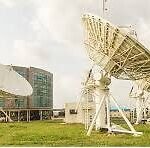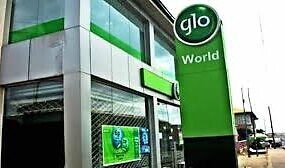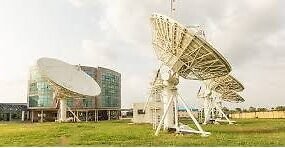Nigeria will receive $3 billion worth of telecom equipment and fibre optic cables to improve internet access across the country. Dr. Bosun Tijani, the Minister of Communications, Innovation and Digital Economy, made this announcement at the World Bank’s Nigeria Development Update (NDU) event.
Dr. Tijani explained that the country expects $1 billion worth of telecom equipment by mid-2025. Alongside this, fibre optic infrastructure valued at $2 billion will help expand broadband coverage, especially in underserved areas.
The minister said this massive investment will boost Nigeria’s digital backbone and support the country’s plan to make internet access available for everyone, no matter where they live.
Federal Government and World Bank Push for Long-Term Digital Growth
This $3 billion plan is part of a joint effort by the Federal Government and the World Bank. The goal is to bring in long-term funding that supports broadband growth and digital transformation.
Speaking earlier at a broadband stakeholder event in Abuja, Dr. Tijani stressed the need for urgent investment. He told attendees that internet access is no longer a luxury but a necessity.
“Everyone needs quality access to the internet, regardless of their location,” he said. “We need to invest in telecom infrastructure, especially the fibre optic cables that make internet access possible.”
The minister revealed that the new infrastructure will support a pilot project aimed at reaching over 20 million Nigerians who currently have no access to any telecom services. This rollout will focus on rural areas and regions that still lack reliable connectivity.
Tijani explained that the project will not only improve access but also help close the communication gap across Nigeria. He said the initiative fits into the country’s wider digital economy goals, which aim to give every citizen access to technology and the internet.
Fibre Infrastructure Still Lags in Rural Areas
Today, Nigeria’s fibre optic network is still weak in many parts of the country, especially outside cities like Lagos and Abuja. While major cities have seen some progress, rural and semi-urban areas remain left behind.
A big problem is frequent fibre optic cable cuts. In 2023 alone, over 50,000 cuts were reported. About 30,000 of these came from road construction work done by federal and state governments. These cable cuts often lead to massive network outages and economic losses. For example, a major fibre cut caused a nationwide MTN outage in February 2024.
To tackle this, the Ministry of Works and the Ministry of Communications formed a Joint Standing Committee to protect fibre optic cables from damage.
Related
- NCC Targets 23.3m Nigerians for Satellite-to-Phone Coverage
- Glo Issues Apology Over Nationwide Data Disruption Earlier Today
- FG Eyes Wider Internet Access Through NigComSat
- The Invisible Web Giant: How Cloudflare Powers a Fifth of the Internet (and What Happens When It Falters)
- Internet Users Panic as Cloudflare Outage Takes Down Major Sites
- Vitel Launches New Service Offering Free Calls and SMS













2 replies on “Nigeria to Receive $3 Billion in Telecom Equipment – Minister”
[…] off-grid solar energy company, has secured a ₦80 billion loan to expand electricity access across Nigeria. The funding, backed by a World Bank-supported program, includes contributions from the […]
[…] Federal Government of Nigeria has approved the launch of four new satellites to strengthen national security and support military […]